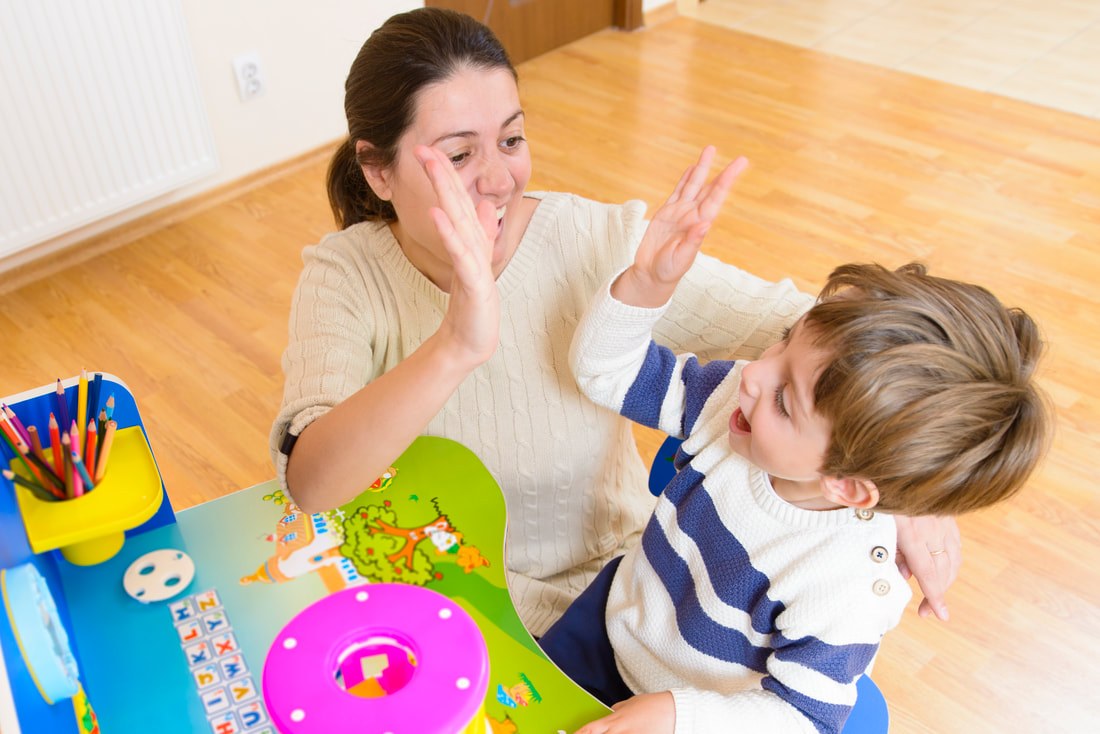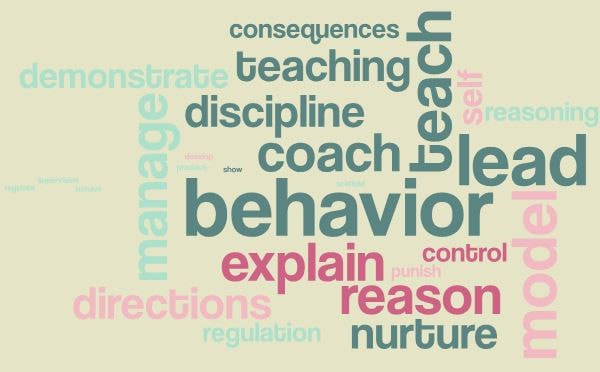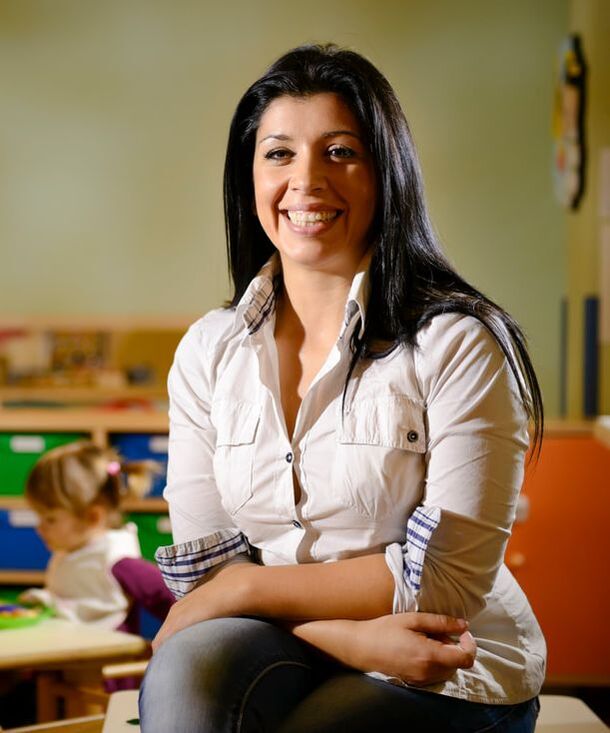With this viewpoint, you can see not only that the time you spend guiding children is a large and essential part of your job, you can see that it should be. And while challenging, providing guidance doesn't have to be a chore. With a clear view of your purpose and a toolbox of effective strategies, you may actually start to enjoy handling inappropriate behaviors. Really, you have within you the power to create a smoothly running classroom where you and the children are thriving. And you can have fun doing it! Guidance – What Does It Mean to You?I would challenge you to consider that the primary goal of guidance is to teach children how to manage their emotions, thoughts and behaviors. At first, children need our constant support, but eventually they will learn to behave appropriately more of the time, even without us. This process of self-regulation happens very gradually from infancy to adolescence (and sometimes beyond), and it requires lots of guidance and practice. Self-regulation takes such a long time because of the all the skills involved and because it depends on the children's social, emotional, and cognitive development. Young Children Have a Lot to Learn!
To learn all these skills, toddlers and preschoolers need an incredible amount of support from us, especially at first. We can use scaffolding to provide more help when needed, then less and less and children become more skilled. Young Children Need Lots of Guidance!As you know, teaching young children requires that we take into account what is developmentally appropriate. We have to know what the norms are for children in our classroom's age group, each individual child's needs and abilities, and the cultural context of their family and community. When we know what is age appropriate, individually appropriate and culturally appropriate, we can meet children where they are and help them meet challenging but achievable goals. (Copple & Bredekamp, 2006)
Besides knowing what is developmentally appropriate for our children, we need to know ourselves as well. To teach children self-regulation, we need to start by recognizing where we are in our own self-regulation journeys.
Coming up next, specific positive guidance strategies that work and teach - stay tuned! ReferencesBailey, R. A. (2001). Conscious discipline: 7 basic skills for brain smart classroom management. Oviedo, FL: Loving Guidance.
Bailey, R. A. (2015). Conscious discipline: Building resilient classrooms. Oviedo, FL: Loving Guidance. Copple, C. & S. Bredekamp. (2006). Basics of developmentally appropriate practice: an introduction for teachers of children 3 to 6. Washington, DC: NAEYC. Kostelnik, M. J., Rupiper, M., Soderman, A. K. & Whiren, A. P. (2014). Developmentally appropriate curriculum In action. Upper Saddle River, NJ: Pearson Education Inc., 40-44.
0 Comments
|
AuthorI'm Diane Goyette, a Child Development Specialist, Trainer, Consultant and Keynote Speaker. I'm excited to share my blog! Archives
August 2023
Categories
All
|
|
Ways to Contact Us:
Schedule an Appointment |
|
Follow earlychildhoodspecialties for encouragement, teaching tips and more!
|
Follow eepworm for child-friendly posts!
|
© 2013-2024 Early Childhood Specialties LLC. All rights reserved.






 RSS Feed
RSS Feed